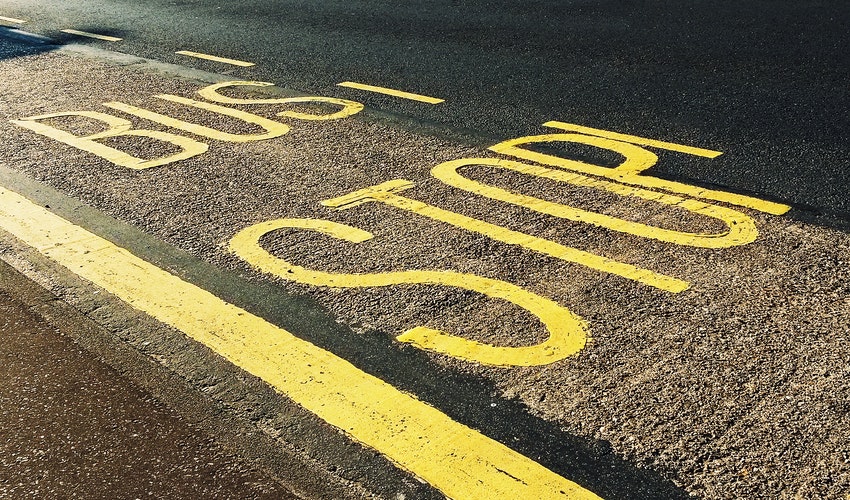


Jersey's infrastructure minister has suggested the island won't get a fully carbon-neutral bus fleet until at least 2030.
Deputy Kevin Lewis revealed the expected timeframe in response to questions from the Environment Scrutiny Panel.
In a recently published letter, Deputy Lewis explains that: "...it is hoped that the company awarded the bus contract in 2025 will be able to procure a zero-carbon bus fleet as soon as reasonably practicable. However, to allow some flexibility...the delivery plan allows for this target to be met by 2030.
"As the bus service is a contracted service, the Government is reliant on prospective bus companies tendering for the 2025 contract, who in turn are dependent upon the ability and capacity of the bus manufacturing industry, to provide a viable zero-carbon fleet of buses that are suitable for Jersey’s requirements in order to meet the 2030 ambitions. The terms of any tender will make clear the Assembly’s – and by virtue the Government’s – ambitions as they relate to decarbonising public transport."
In the same letter, the Minister also moved away from introducing bans to cut car use in Jersey, preferring to increases taxes and 'phase out' cars with internal combustion engines instead:
"Whilst I support incentives which promote a shift towards more sustainable modes of transport, in my view, some motorists will still choose to drive a vehicle with an internal combustion engine for as long as it is permitted to do so.
"I do not support taking away the choice from motorists to decide how they travel or what they drive by introducing ‘bans’. In my view we need to encourage motorists to make the shift towards more sustainable transport by ‘phasing out’ vehicles with an internal combustion engine."
Transport remains one of Jersey’s largest contributor to carbon emissions, with official figures estimating the sector represents around 44% of the Island’s total greenhouse gas emissions.

Picture: The Government are hoping to see a fleet of electric buses by 2030
The draft carbon neutral roadmap sets out the specifics of what the island must do to to become net-zero.
With transport being one of the four main policy types, it looks into phasing out the use of nearly all petrol and diesel vehicles by 2050.
The island has signed up to the Paris Agreement on Climate Change - which sets it on a path to generating no more carbon than it absorbs by the mid-point of this century.
That trajectory requires Jersey’s carbon emissions to be 68% lower than its 1990 levels by 2030 and 78% lower by 2035.

Picture: Government are looking into the decarbonisation of school buses
“The States set us off on this journey to response to the Climate Emergency, which we unanimously agreed to declare in 2019,” Environment Minister Deputy John Young said. “The honest reality is that the Carbon Neutral Roadmap is a start, which deals with the first few years of the next term, so it works within the resources available currently, but there is no question that that falls short of what will be required in the long term.
“It will be a decision for future States Members to decide how much resources and effort they are prepared to invest.
“There are no guarantees but the Roadmap answers the questions of ‘how can we do this?’”
The Council of Ministers approved the final draft of the carbon neutral roadmap last week, providing £23m in funding between now and 2026.
It has been estimated that moving to net-zero carbon emissions by 2050 will cost the Government around £250m over the next 28 years.
You can find a guide to the carbon neutral roadmap here.
Express spoke to Steve Skelton, the Government's Group Director, Strategy and Innovation, about the new Carbon Neutral Roadmap...
Comments
Comments on this story express the views of the commentator only, not Bailiwick Publishing. We are unable to guarantee the accuracy of any of those comments.